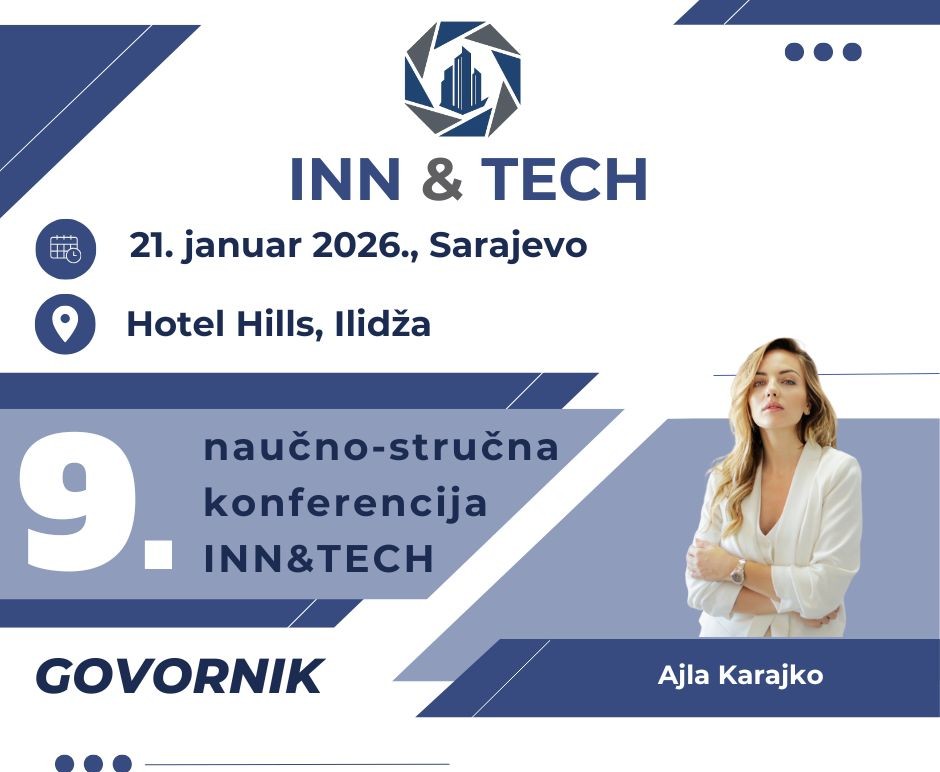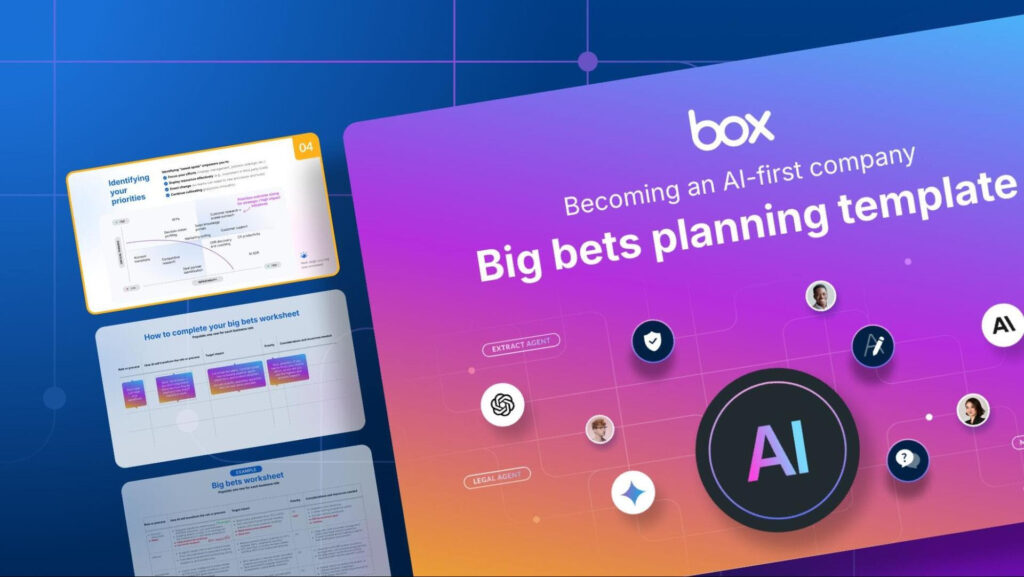Cloudera has released the State of Enterprise AI in 2025 report, based on the opinions of more than 1,500 IT executives. The results reveal a clear paradox: artificial intelligence is everywhere, yet its full potential remains unlocked.
These findings and possible solutions were discussed with Sergio Gago, Cloudera’s CTO, who shared his views across several key themes.
Why only 21% of companies have full AI integration
According to the report, only 21% of companies have managed to fully integrate AI into their business processes. Gago highlights one of the main reasons: the high cost of computing power for training models, which jumped from 8% to 42% in just one year.
An equally serious challenge is access to data. For AI to be effective and reliable, it must encompass all data — structured, semi-structured, and unstructured, whether stored in the cloud, data center, or at the edge. This principle is also crucial for techniques such as RAG (Retrieval Augmented Generation), which enable LLMs to access enterprise information contextually.
When AI can be applied to all data, it becomes more reliable, contextual, and valuable for business. This shows that the real issue lies not in starting or scaling AI, but in the foundations of infrastructure and fully unlocking data.
An AI playbook for organizations just starting out
For those just beginning their AI journey, Gago recommends a clear and structured approach. The first step is to define business goals and decisions to be addressed with AI. Next, companies must ensure that data is clean, unified, and accessible across all environments — cloud, data center, or edge.
Building a flexible infrastructure is essential, as AI models and frameworks evolve rapidly. This is why security, governance, and transparency must be embedded from the start.
Quick wins can be achieved by using reference architectures and accelerators, which enable targeted action on high-value use cases. Companies that succeed in AI integration are those that act responsibly, with focus, and step by step.
Securing early business wins with AI
While AI is transforming entire industries, the most successful companies begin with smaller, focused projects that deliver quick results. According to Gago, the best examples include AI agents for IT helpdesk and DevOps assistants.
Helpdesk agents can automate routine tasks such as password resets, responding to basic requests, and providing knowledge base recommendations. DevOps assistants, on the other hand, help detect anomalies, resolve issues automatically, control costs, and manage infrastructure.
Such projects deliver rapid and measurable results while also building trust among employees and leadership. They serve as a foundation for broader AI adoption.
Measuring AI results for further growth
Companies most often measure return on investment through operational efficiency (29%), followed by customer experience (18%), product innovation (15%), revenue generation (14%), risk management (13%), and employee productivity (11%).
Gago emphasizes that success is measured not only by speed and cost savings but also by employee and customer satisfaction. Examples of metrics include ticket resolution time, reduction of manual work, frequency of incidents, and internal user satisfaction. When AI shortens processes, reduces costs, and improves experiences, its impact becomes undeniable.
Bringing AI to the data for complete security
Security and trust remain major challenges for companies. Half of the respondents in the report expressed concerns about data leakage during model training, and 48% about unauthorized access.
Cloudera advocates an approach where AI is brought to the data, instead of sending data to AI models. This way, companies retain data ownership and minimize the risk of security breaches.
Cloudera offers cataloging, fine-grained access control, and lineage, solving the “black box” problem and bringing transparency to AI-driven decisions. In this way, companies strengthen not only security but also the trust of regulators and clients.
Embedding compliance from the very start
Instead of implementing security policies retroactively, Gago stresses that compliance must be “built in by design.” This means encryption, access control, lineage, and audit trails should form the foundation of the data architecture.
Policies are defined once and automatically applied across all environments — whether public cloud, private cloud, or data center. The best systems don’t rely on someone “checking a box,” but make compliance an automatic and transparent process.
Involving legal, security, and IT teams from the start creates rules that are clear, explainable, and universally accepted. In this way, compliance becomes an ally, not an obstacle.
How to achieve the vision of ‘AI everywhere’
Gago believes the vision of “AI everywhere” is achievable today, but only if AI is built on principles of trust, flexibility, and open architecture. The biggest challenges are not just costs or data silos, but trust itself.
According to him, the future belongs to teams that can scale AI responsibly, with clear visibility into decisions and secure data. That is why Cloudera sees its mission as bringing AI directly to the data, wherever it resides.
Their goal is to enable companies to use AI securely and responsibly across 100% of their data — to innovate with confidence, manage efficiently, and create long-term value. Trust, Gago emphasizes, is becoming the new currency of enterprise AI.
You can read the full report here.









